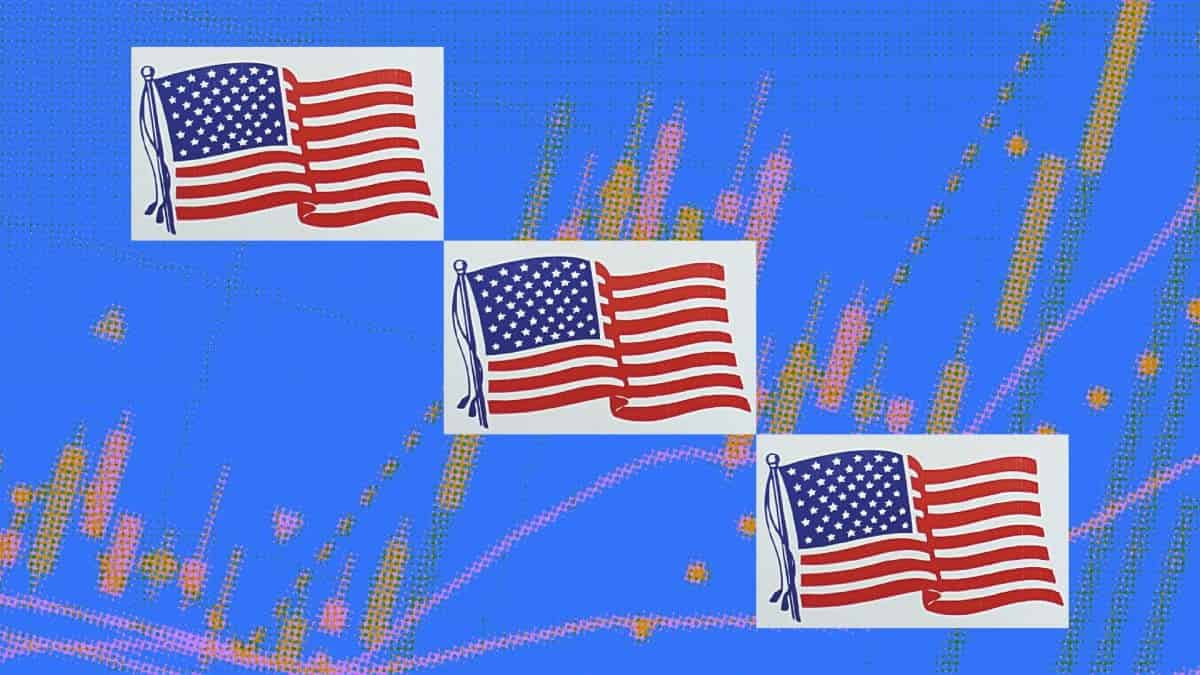CFTC says court got it wrong in allowing Kalshi to offer election bets
Quick Take The CFTC argued that a previous judgment should be “reversed.” A judge ruled in September that the CFTC went beyond its statutory authority when it tried to block Kalshi from offering election contracts.

The U.S. Commodity Futures Trading Commission says a U.S. district court judge got it wrong when they ruled that the agency exceeded its authority when it blocked prediction market Kalshi from offering bets on the elections.
In an appellant brief filed on Wednesday in the U.S. Court of Appeals for the District of Columbia Circuit, the CFTC argued that the judgment should be "reversed, and the Commission's order reinstated."
"The district court erred at every turn, rejecting the plain meaning of, or simply confusing, four separate terms or phrases in the statute," the CFTC said in the brief. Those phrases included "gaming" and "transactions."
This comes about a year after the CFTC said that Kalshi could not offer election contracts and said they were "contrary to the public interest" and involved gaming. Kalshi sued in November 2023.
Judge Jia M. Cobb for the U.S. District Court for the District of Columbia then ruled in September that the CFTC went beyond its statutory authority when it tried to block Kalshi from offering election contracts. Judge Cobb said Kalshi's contracts do not involve "unlawful activity or gaming," in the order. The agency quickly appealed that ruling, but was ultimately quashed by a federal appeals court on Oct. 2.
Since then, Kalshi has launched bets on who will win the U.S. presidential election.
In the CFTC's brief, the agency digs into what the Commodity Exchange Act entails, including protecting "all market participants from fraudulent or other abusive sales practices." The 1936 law provides regulation of commodity futures and is the what the agency operates under.
The CFTC made similar arguments it had made in the past , including discussing the negative effects the contracts could have on election integrity.
"... the Commission found that the Contracts could adversely affect election integrity or the perception of election integrity by creating monetary incentives to vote (including as an organized collective) for candidates or by incentivizing the spread of misinformation to influence the markets and that the markets could be used to influence perceptions about elections," the agency said in the brief.
The CFTC also said the district court was wrong in how interpreted certain terms, such as "gaming" and saying that elections were not "games for stakes."
"But in ordinary usage, 'gaming' is interchangeable with 'gambling,' especially when the bet involves staking something of value on the outcome of contests of others (like elections)," the CFTC added.
Meanwhile, the CFTC is working on rulemaking and voted in May to propose rules banning bets on political events.
Disclaimer: The content of this article solely reflects the author's opinion and does not represent the platform in any capacity. This article is not intended to serve as a reference for making investment decisions.
You may also like
TAO and ICP Lead Surge in DePIN Social Activity as Interest Peaks
Charles Hoskinson Provides Update On XRP’s Integration Into Cardano
Sentora Highlights Capital Fragmentation and Infrastructure Gaps in Institutional DeFi
BlockDAG Breaks Out with $303M Presale & 10,000x Potential While Avalanche Stalls and Arbitrum Fails to Break Resistance
Compare BlockDAG's $303M rise, uncover AVAX's price delay, and analyze ARB's resistance zone. Track key shifts in crypto and see why BlockDAG leads this waveARB Price Rises Yet Lacks Breakout SignalAVAX Price Stuck Despite Rising ActivityBlockDAG’s Hybrid Tech and Global Reach Fuel $20 ProjectionSumming Up!

